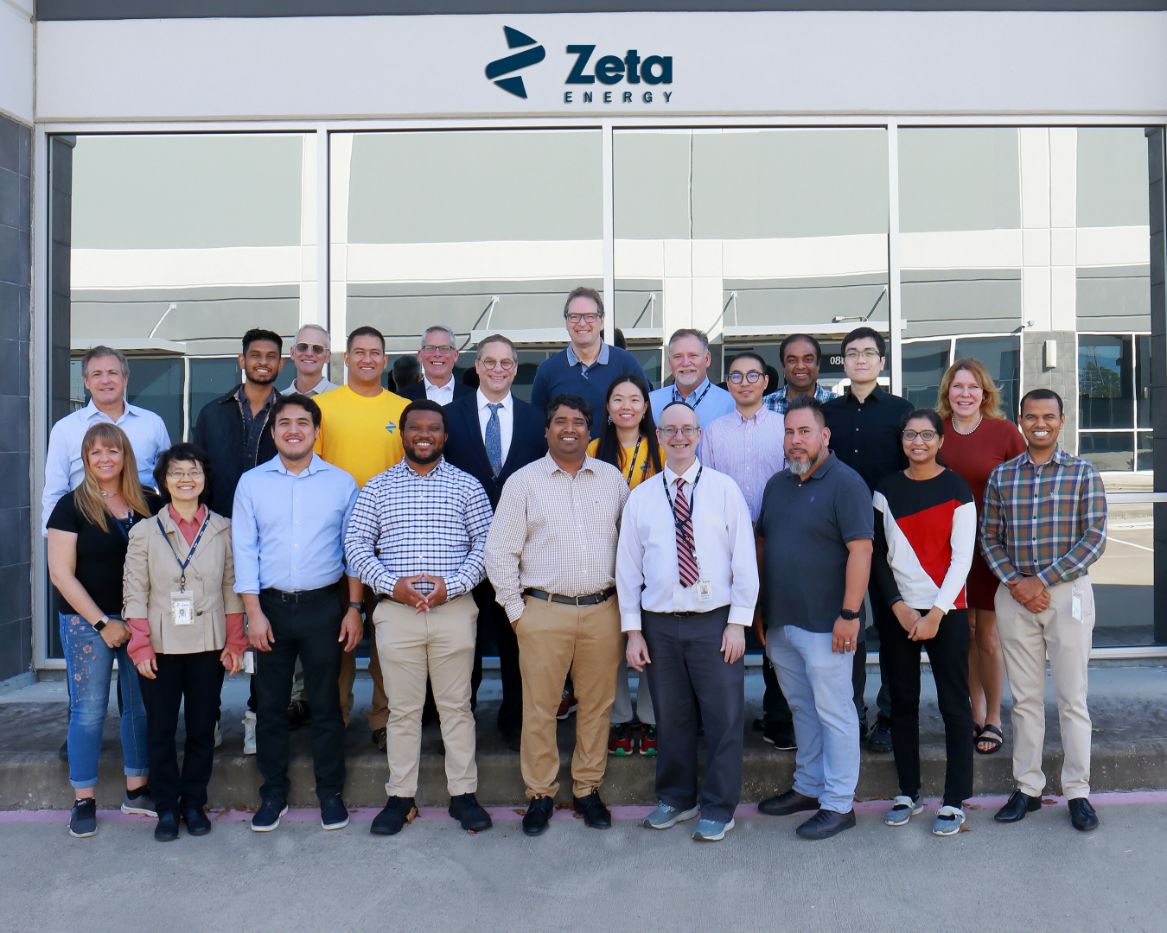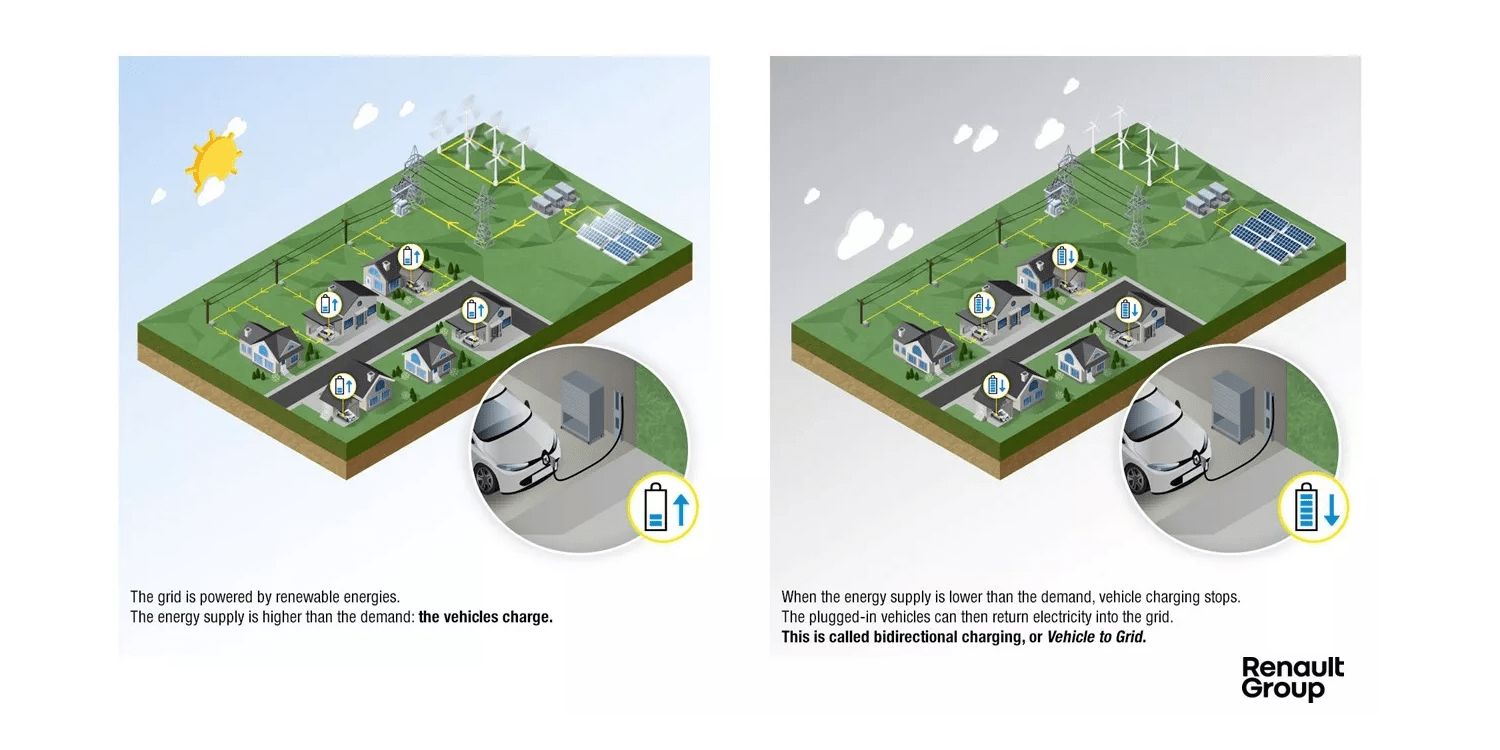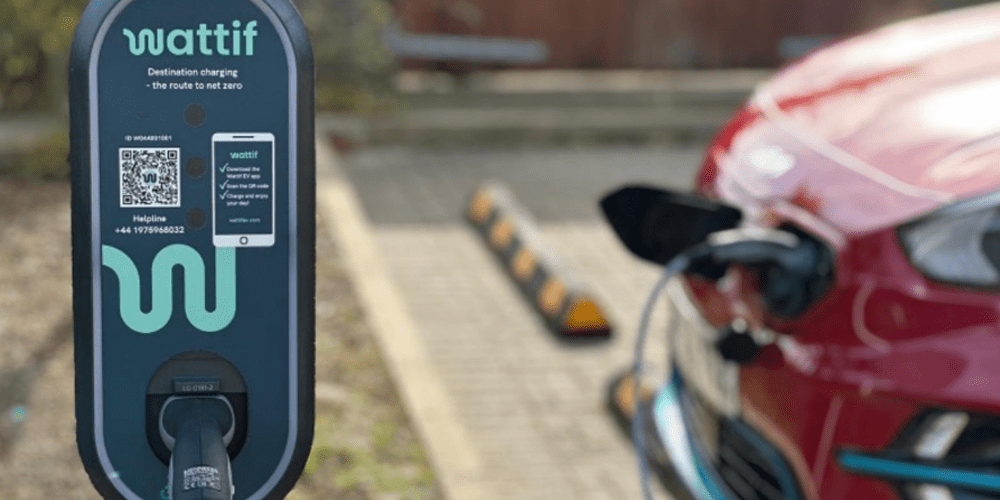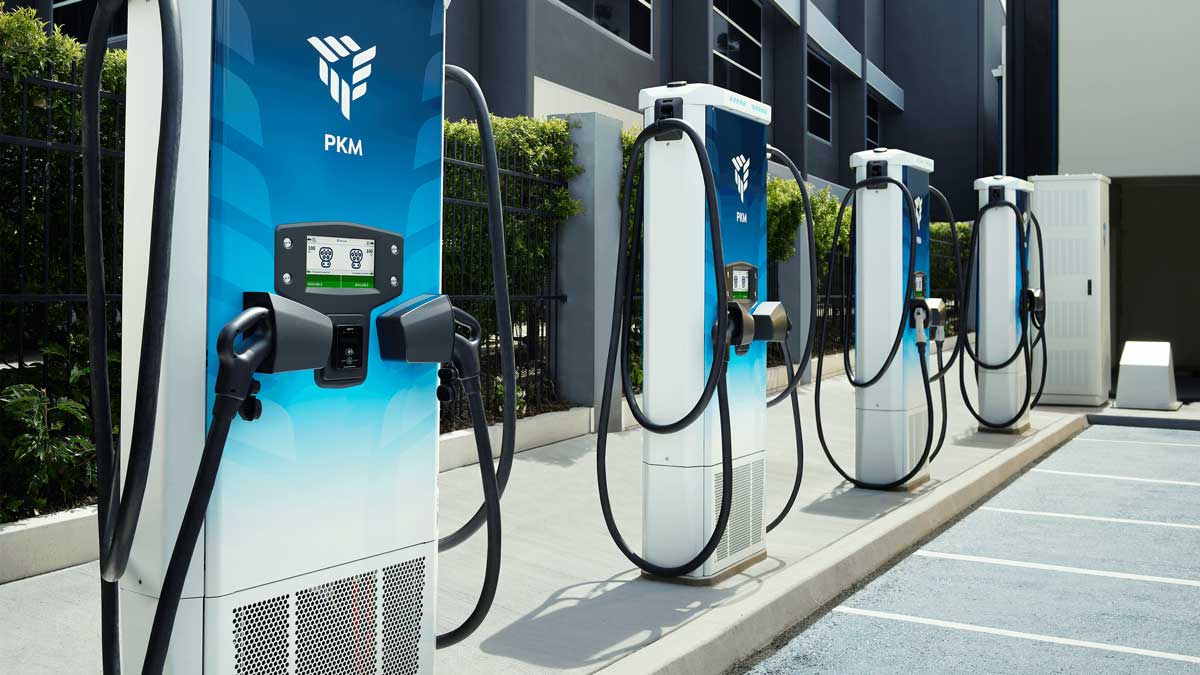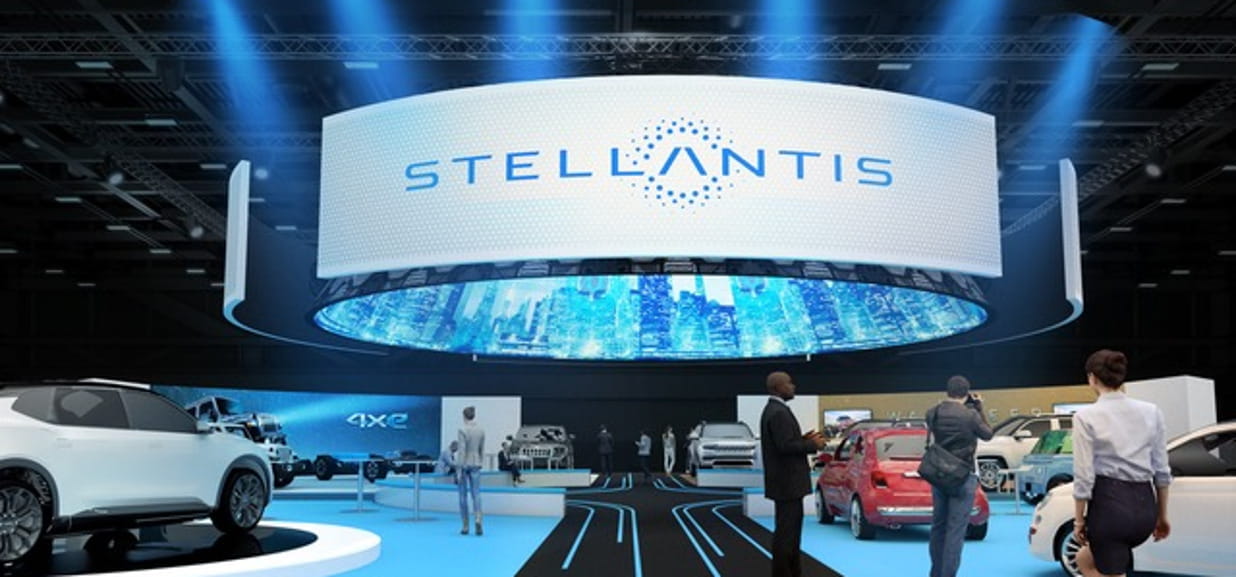Zeta Energy has been awarded $4 million in funding from the U.S. Department of Energy’s Advanced Research Projects Agency-Energy (ARPA-E) as part of the EVs4ALL program. This program aims to improve electric vehicle batteries by making them more affordable, efficient, and resilient.
Zeta Energy’s technology offers a breakthrough in the field of battery development by providing high-performing batteries at a lower cost. Their batteries have a high energy capacity, specific power, and shelf life, and do not contain cobalt or nickel.
The technology combines a carbon nanotube anode with a sulfurized carbon cathode, utilizing sulfur which is a known potential for holding lithium ions, lightweight, abundant, and economical. However, the “polysulfide shuttle effect” had prevented the development of lithium sulfur batteries as they were not long-lasting.
Zeta Energy’s technology solves this problem, enabling the energy density and economy benefits of lithium sulfur batteries while also making them long-lasting. This will enable companies to make more efficient electric vehicles and other battery-powered products.
Additionally, Zeta Energy’s technology relies on widely available and abundant materials which will help to localize the battery supply chain, making it simpler and more secure. As noted by ARPA-E, “Zeta Energy will create a new anode with a high Li content that is also highly accessible and rechargeable.
The complementary physical and chemical features of the cathode and anode will enable transformational high charge rates and long-term stability while also minimizing performance losses at low temperatures.”
Zeta Energy CEO Tom Pilette stated, “We are thrilled to have been selected for funding by the ARPA-E EVs4ALL program. We have been working hard to make this technology a reality, and we are really grateful to receive this recognition of the promise of our technology and the progress we have made on it. We are looking forward to working with ARPA-E to bring our technology to the marketplace, and help to create a more sustainable future.”

